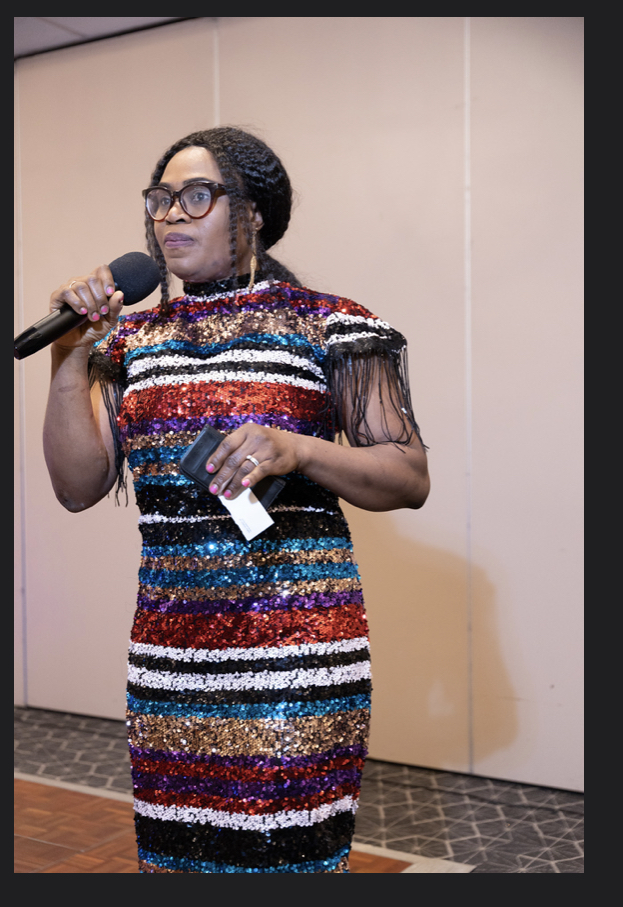
Challenging Inappropriate View, Approaches and, Attitudes towards Disabled People in Nigeria. By Oluseyi Elizabeth Odudimu
EDITOR: OLUSEYI ELIZABETH ODUDIMU
Challenging Inappropriate Views, Approaches, and Attitudes Towards People with Disabilities in Nigeria
Introduction
In Nigeria, as in many parts of the world, individuals with disabilities face numerous challenges daily. Beyond the physical impairments they may have, they also contend with societal biases, stereotypes, and a lack of understanding that further marginalize them. This article aims to shed light on the inappropriate views, approaches, and attitudes towards people with disabilities in Nigeria, and emphasizes the need for a more inclusive and empathetic society.
- The Stigma of Disability
One of the key issues faced by people with disabilities in Nigeria is the prevailing stigma associated with their conditions. Society often views disability as a personal flaw or a result of spiritual affliction, leading to misconceptions and discriminatory attitudes. Such stigmatization limits opportunities for individuals with disabilities, hindering their access to education, employment, and social participation.
- Lack of Accessibility
Another significant challenge is the lack of accessibility in public spaces, infrastructure, and services. Many buildings, transportation systems, and recreational facilities in Nigeria are not designed to accommodate individuals with disabilities, making it difficult for them to move around freely and independently. This lack of accessibility further reinforces their exclusion from society.
- Discrimination and Limited Opportunities
People with disabilities often face discrimination in various aspects of life, including education, employment, and healthcare. They are frequently denied equal access to quality education, leading to limited opportunities for personal and professional growth. The prevailing attitudes and misconceptions also contribute to employment discrimination, as employers may underestimate the capabilities and potential contributions of individuals with disabilities.
- Inadequate Support Systems
Nigeria lacks comprehensive support systems and services for people with disabilities. The limited availability of assistive devices, rehabilitation centers, and specialized healthcare further compounds the challenges faced by individuals seeking to manage their disabilities effectively. This lack of support not only hampers their physical well-being but also affects their mental health and overall quality of life.
- Shifting Attitudes and Promoting Inclusion
Addressing these issues requires a collective effort to challenge and transform the inappropriate views, approaches, and attitudes towards people with disabilities in Nigeria. The following steps can contribute to a more inclusive society:
- Education and Awareness: Promote disability awareness programs in schools, workplaces, and communities to foster understanding, empathy, and dispel stereotypes.
- Legal Frameworks and Policies: Strengthen existing legislation and policies that protect the rights of individuals with disabilities, ensuring their inclusion and accessibility in all spheres of life.
- Accessibility: Advocate for the implementation of universal design principles, making public spaces, transportation, and services accessible to all.
- Empowerment and Employment: Encourage vocational training and create opportunities for individuals with disabilities to participate fully in the workforce, promoting their independence and self-worth.
- Support Services: Develop comprehensive support systems that provide access to assistive devices, rehabilitation centers, and mental health services for individuals with disabilities.
Conclusion
It is crucial for Nigerian society to recognize that people with disabilities are valuable members who deserve equal rights, opportunities, and respect. By challenging inappropriate views, approaches, and attitudes, we can foster a more inclusive and supportive environment for individuals with disabilities. Let us work together to create a society where everyone, regardless of their abilities, can thrive, achieve their full potential, and contribute meaningfully to our collective growth and development.
